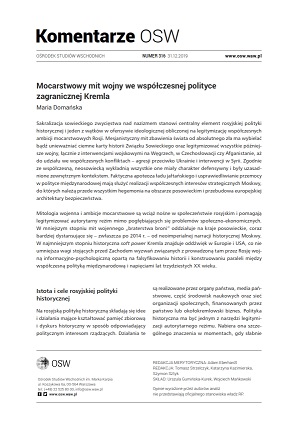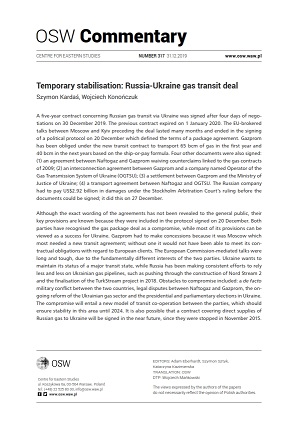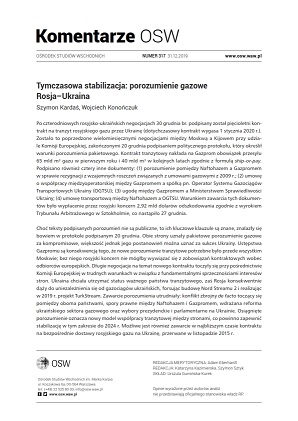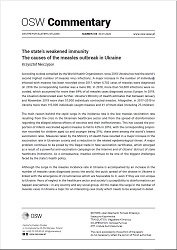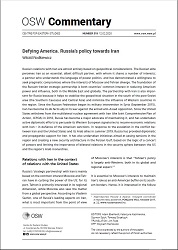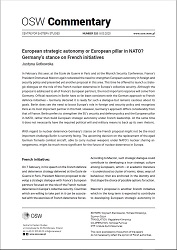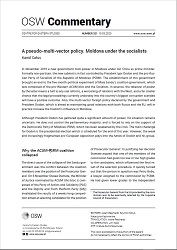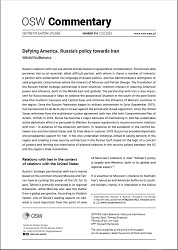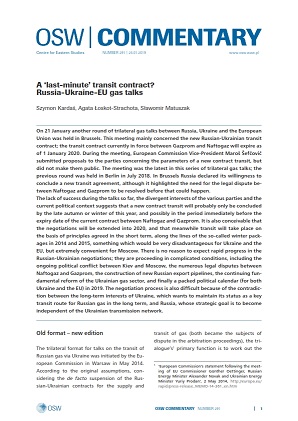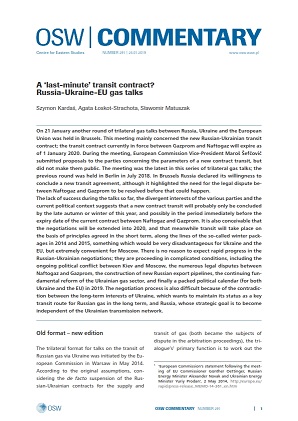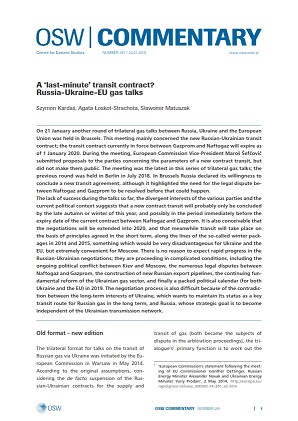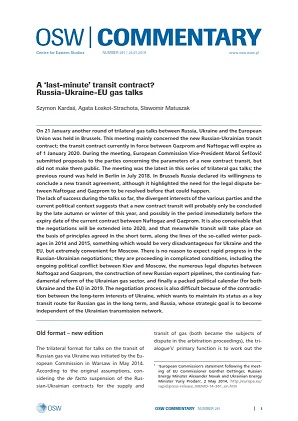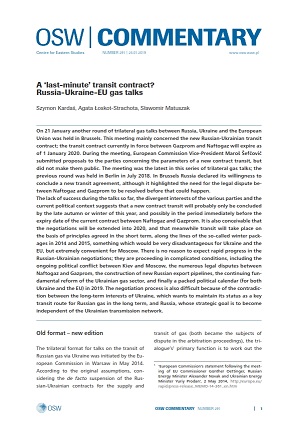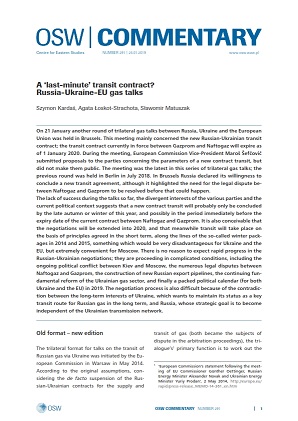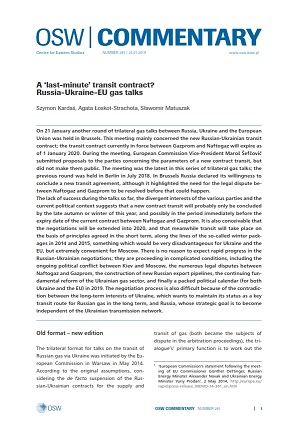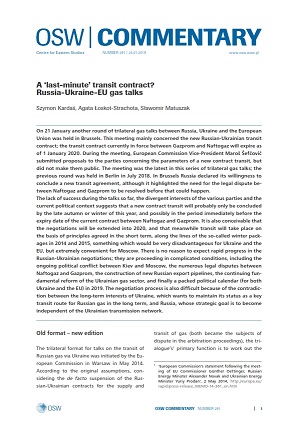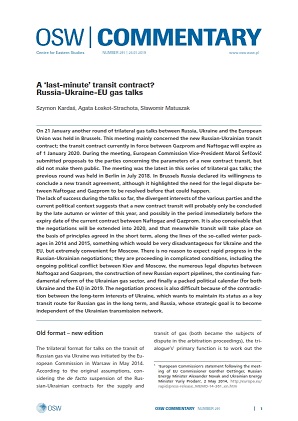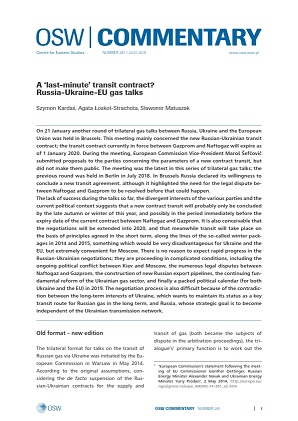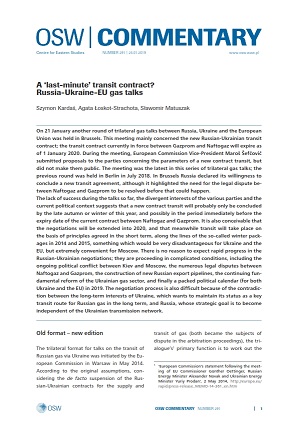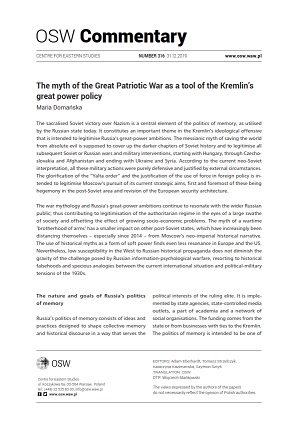
The myth of the Great Patriotic War as a tool of the Kremlin’s great power policy
The myth of the Great Patriotic War as a tool of the Kremlin’s great power policy
Keywords: Soviet Union; Great Patriotic War; political history; Russian state today; politics of memory; power; Soviet history; military history; war mythology; international relations; 1930s;
The sacralised Soviet victory over Nazism is a central element of the politics of memory, as utilised by the Russian state today. It constitutes an important theme in the Kremlin’s ideological offensive that is intended to legitimise Russia’s great-power ambitions. The messianic myth of saving the world from absolute evil is supposed to cover up the darker chapters of Soviet history and to legitimise all subsequent Soviet or Russian wars and military interventions, starting with Hungary, through Czechoslovakia and Afghanistan and ending with Ukraine and Syria. According to the current neo-Soviet interpretation, all these military actions were purely defensive and justified by external circumstances. The glorification of the “Yalta order” and the justification of the use of force in foreign policy is intended to legitimise Moscow’s pursuit of its current strategic aims, first and foremost of these being hegemony in the post-Soviet area and revision of the European security architecture. The war mythology and Russia’s great-power ambitions continue to resonate with the wider Russian public; thus contributing to legitimisation of the authoritarian regime in the eyes of a large swathe of society and offsetting the effect of growing socio-economic problems. The myth of a wartime ‘brotherhood of arms’ has a smaller impact on other post-Soviet states, which have increasingly been distancing themselves – especially since 2014 – from Moscow’s neo-imperial historical narrative. The use of historical myths as a form of soft power finds even less resonance in Europe and the US. Nevertheless, low susceptibility in the West to Russian historical propaganda does not diminish the gravity of the challenge posed by Russian information-psychological warfare, resorting to historical falsehoods and specious analogies between the current international situation and political-military tensions of the 1930s.
More...
